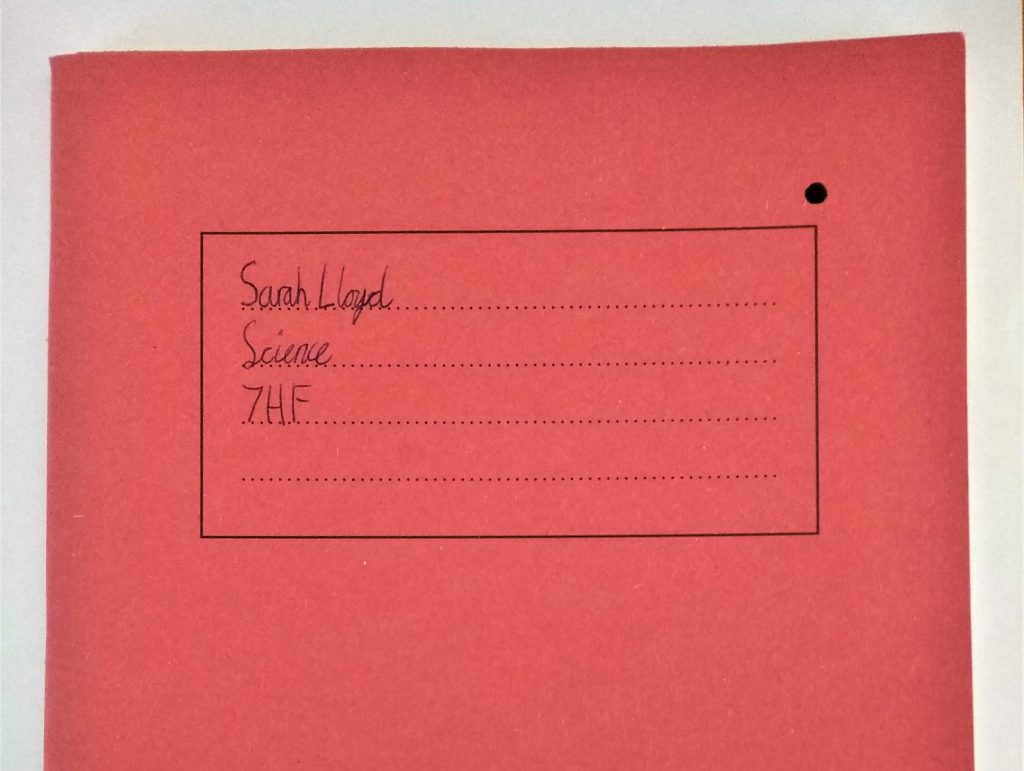At the government’s daily press briefing about COVID-19 on the 11th April, the government’s spokesperson, Priti Patel, repeated the mantra first put forward by Boris Johnson, and repeated ad nauseam by ministers since: “We are following,” she said, “the expert scientific and medical advice and taking the right steps at the right moment in time.” Patel was careful with her emphasis. The right steps. At the right moment in time. How does she know? The science says. It’s a bit like that game of Simon says… If Science says so, we do it.

What Patel does not understand, or is not acknowledging, is that Science doesn’t speak to us like that. There is no single guiding voice, providing us with ‘the evidence’, making it clear what we should do and when. Doing-the-right-thing-at-the-right-time is little more than a political slogan, a ditty for us to sing as we merrily dig our graves. The message may provide some comfort—we all want to feel that the government is in control—but it is a false comfort at best. It is not a sign of good judgement and wise decision-making. It hides the details that we so desperately need to debate. It reveals a failure of our society to place the right people in the right positions, a failure of our education system above all else. We don’t need a government which can meekly defer to a scientist standing on the side to answer the difficult questions, but one that understands how to incorporate scientific evidence into policy making. This is not a matter of doing what The Science says. We are lacking leaders with a scientific attitude and an understanding of how science works. Why?
Continue reading “Dying because our leaders don’t understand how science works”
